Academic and Research Skills
Basic Science
Career Development
Clinical Research
Health Services Research
Wellness and Well-being
The Research Support Network: Developing and Maintaining a Peer Mentorship Group for Early Stage Pediatric Researchers
-
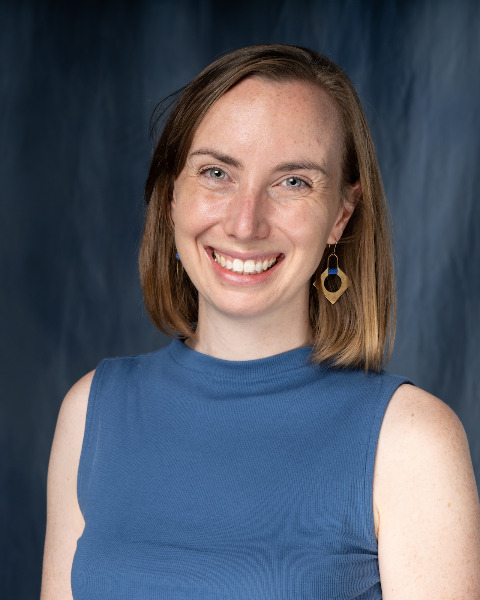
Colleen Gutman, MD (she/her/hers)
Assistant Professor
Pediatrics
University of Florida College of Medicine
Gainesville, Florida, United States -

Colleen Gutman, MD (she/her/hers)
Assistant Professor
Pediatrics
University of Florida College of Medicine
Gainesville, Florida, United States -
SC
Sofia Chaudhary, MD (she/her/hers)
Assistant Professor in Pediatrics and Emergency Medicine
Emory University School of Medicine
Decatur, Georgia, United States -
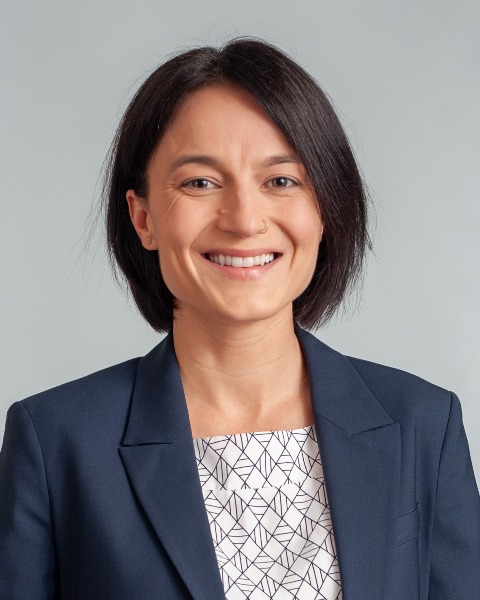
Ashley Foster, MD (she/her/hers)
Assistant Professor, Emergency Medicine and Pediatrics
University of California, San Francisco, School of Medicine
San Francisco, California, United States -
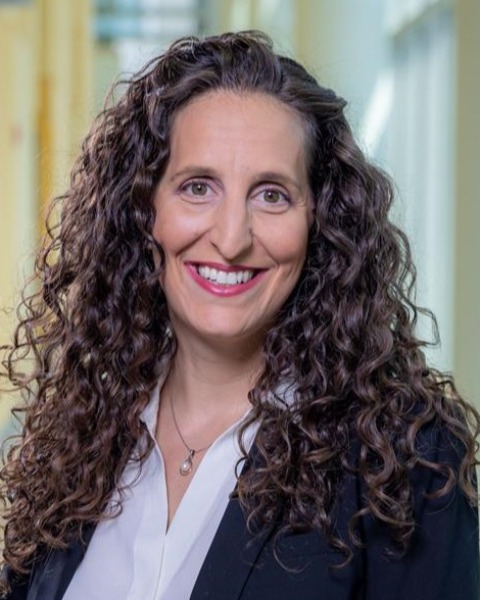
Maya Haasz, MD (she/her/hers)
Associate Professor
Children's Hospital Colorado
Aurora, Colorado, United States -
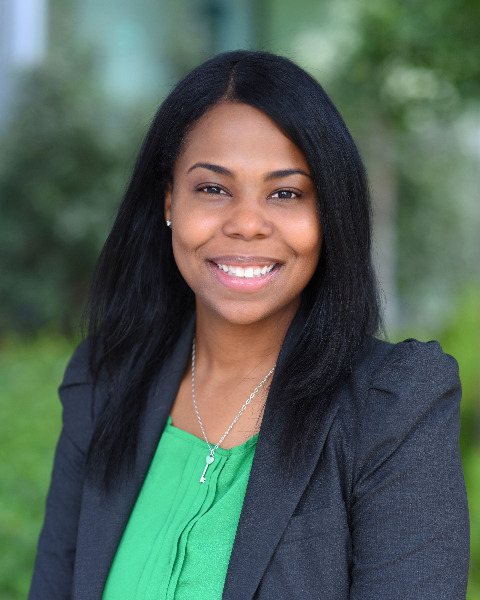
Jeanine Hall, MD, MPH (she/her/hers)
Assistant Professor of Clinical Pediatrics
Children's Hospital Los Angeles
Los Angeles, California, United States -
LM
Leah Middelberg, MD (she/her/hers)
Assistant Professor
Nationwide Children's Hospital
Columbus, Ohio, United States -
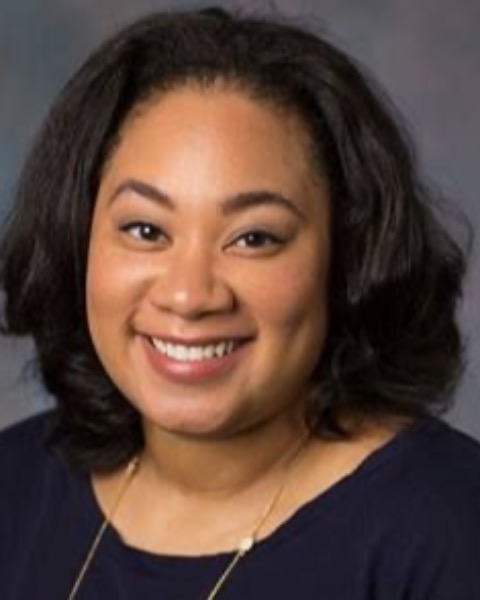
Jordee Wells, MD, MPH (she/her/hers)
Assistant Professor of Pediatrics
Nationwide Children's Hospital
Columbus, Ohio, United States -
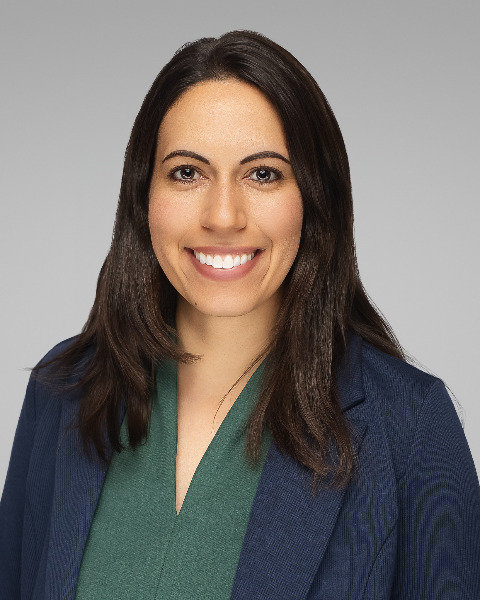
Jennifer Hoffmann, MD, MS (she/her/hers)
Assistant Professor of Pediatrics
Northwestern University, Ann & Robert H. Lurie Children's Hospital of Chicago
Chicago, Illinois, United States
Leader(s)
Co-Leader(s)
Workshop Description: The overall aim of this workshop is to foster the development of peer mentorship among early-stage pediatric researchers, from any specialty or discipline, who are working towards or beginning a career development award.
Early-stage pediatric researchers who are in the process of seeking or beginning a career development award require mentorship and guidance from senior investigators to receive training in needed skills such as scientific writing, grantsmanship, and research methodologies. However, few opportunities exist to engage in peer mentoring. Peer mentoring allows bidirectional mentorship between investigators at a similar period of career development. The benefit of these relationships is underrecognized. By minimizing hierarchy, peer mentorships can support early-stage pediatric researchers in speaking openly about common challenges and strategies to overcome them. Peers are able to share granular information and logistical advice, perhaps not available from senior mentors, as they navigate obstacles inherent to their career phase. Further, peer mentorships may facilitate the development of long-lasting collaborations and friendships that can boost resilience and career longevity.
Attendees of this workshop will hear experience-based insight from members of a successful peer mentorship group that is geographically distributed but bound by common identities as members of the same subspecialty and career phase. Next, participants will work in small groups, based on their specialty and area of research as possible, to practice peer mentoring through facilitated discussions. Attendees will learn strategies to develop their own peer mentoring group and have the option of leaving the workshop with a virtual peer mentorship group meeting scheduled.
Learning Objectives:
- Recognize the benefits of a peer mentorship network
- Practice peer mentorship through facilitated discussions
- Develop a peer mentorship network

